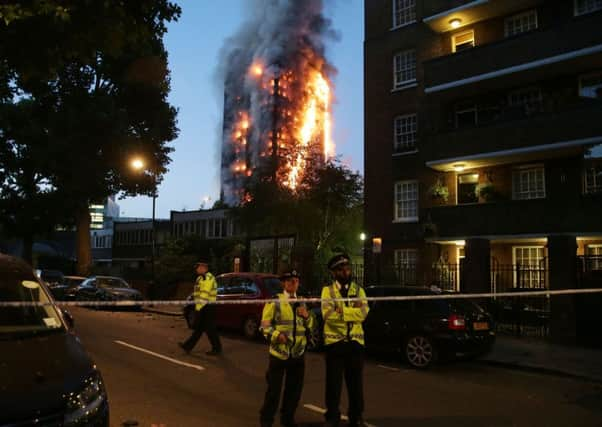Keith Howell: The rush to judgement stops real lessons being learned


The general election result surprised almost everyone, and while each political party tried to put a positive slant on the outcome, most had as much to regret as to savour in the outcome.
Meanwhile, the conduct of the election campaign itself often left much to be desired. The nature of exchanges in some debates provided the very poorest of adverts for rational discourse, as presenters struggled to prevent speakers berating opponents and speaking over each other. Some notable interventions came from members of the public, when for once politicians had to be more respectful with their responses. All too often, the general tone of debates descended into gladiatorial contests, at the expense of either insightful analysis or rousing oratory.
Advertisement
Hide AdAdvertisement
Hide AdAfter each debate, pundits noted whether any of the participants had made serious gaffes, as if creating the circumstances for such missteps was a fundamental purpose of the exercise. Similarly, many of the one-on-one interviews seemed primarily about trying to catch out the party leaders. Many interviews descended into the questioners repeatedly lambasting the interviewees, interrupting answers seconds into attempts to give them, as though the interviewer was trying to determine the form of the response as well as deciding the questions to be asked.
At times, all sense of everyday decency and respect was lost in these interactions, as the election process degenerated into ill-mannered interrogations.
In the meantime, a series of shocking tragedies, from terrorist incidents in Manchester and London, to the terrible conflagration that took the lives of so many in a London tower block, left us all in a state of shock and disbelief. This was soon followed by an understandable sense of anger, and demands for answers.
It is human nature at such times of course to want someone or something to blame. Yet while politicians and the press naturally want to reflect the public mood, there is also a need to more calmly and properly consider the links between cause and effect, before speculating and apportioning blame. Indeed, a rush to judgement can work against finding the truth, as some of those best placed to give insights can become defensive in the face of a trial by media. Reporters and politicians can encourage a more thoughtful reaction, rather than getting caught up in chasing sensational headlines or seeking temporary political advantage.
A kinder and more thoughtful form of politics, as well as a more reflective and less judgemental reaction to when the worst of human tragedies strike, could help us all learn the real lessons of unfolding events.
Keith Howell is a business consultant. He lives in West Linton, Peeblesshire and blogs on www.nupateer.com